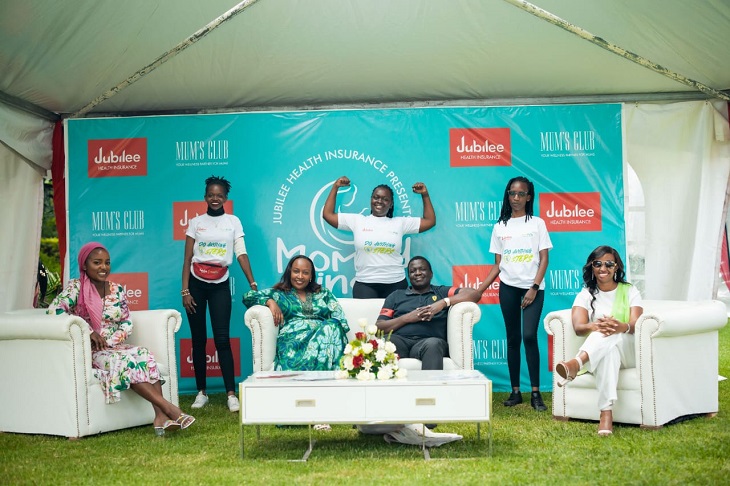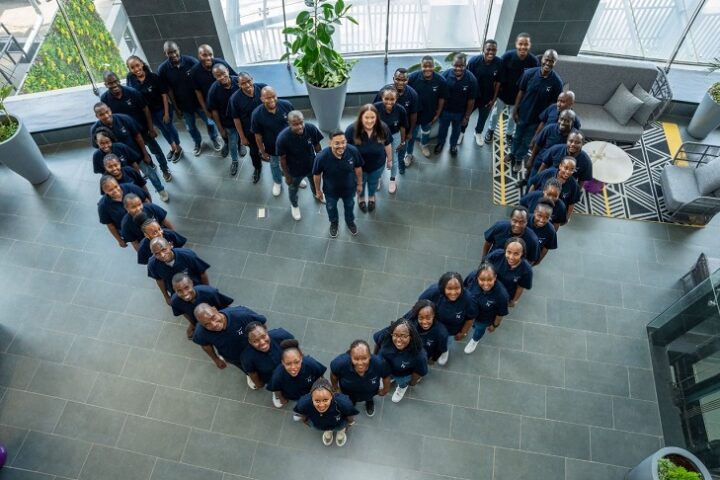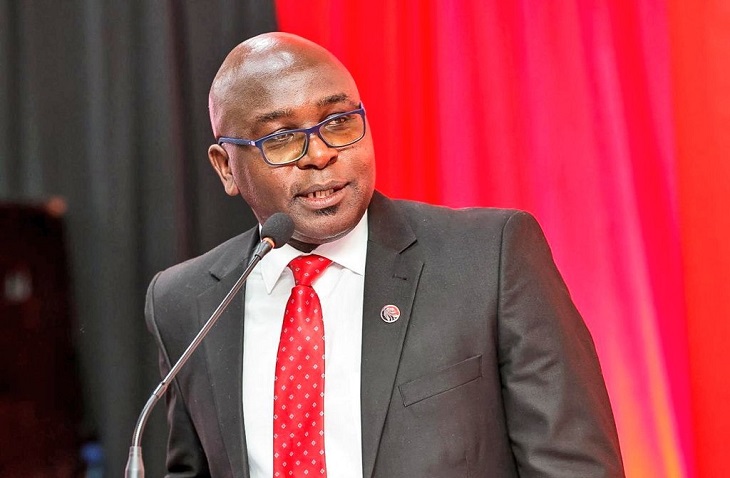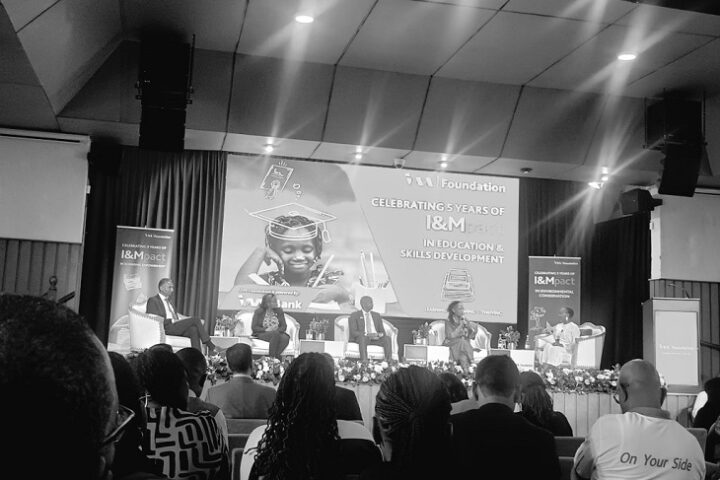Women Link Worldwide and CFK Africa recently convened an impactful intergenerational dialogue at CFK Africa’s center in Kibera, focusing on the urgent issue of School-Related Gender-Based Violence (SRGBV). The dialogue brought together key stakeholders, including representatives from the Ministry of Education, Legal Resources Foundation, the School Administrator of Olympic High School, and the dynamic CFK Girls Parliament, girls from different local schools, and community members from Kibera.
Gender-based violence (GBV) remains a critical issue, with alarming statistics highlighting its prevalence in Kenya. According to a 2022 report from the Kenya National Bureau of Statistics (KNBS), over 40% of women between the ages of 15 and 49 have experienced some form of physical violence, while 14% have been subjected to sexual violence.
These numbers, however, are likely underreported due to the stigma and fear surrounding GBV. One specific and pervasive form of GBV is School-Related Gender-Based Violence (SRGBV), which manifests as verbal and psychological abuse, harmful traditional practices, physical assault, and sexual harassment. SRGBV not only perpetuates the cycles of discrimination and inequality but also obstructs access to quality education, particularly for girls and marginalized groups.
Sexual and Gender-Based Violence (SGBV) significantly disrupts girls’ access to and participation in education, with lasting consequences for their prospects. Survivors of SRGBV may experience trauma, stigma, and fear, making it difficult for them to concentrate, engage, or even return to school. Physical injuries, unplanned pregnancies, and sexually transmitted infections can further interrupt their education, forcing many to drop out. The psychological effects, such as anxiety, depression, and post-traumatic stress disorder, often hinder their academic performance and self-confidence.
“As Women Link Worldwide in partnership with CFK Africa, we believe that an intergenerational dialogue is crucial to addressing the issues that come with SRGBV especially for the school going students. The dialogue provides a platform for the various organizations involved in the process of rehabilitation to listen to the victims, fostering mutual learning and driving sustainable solutions that integrate both historical insights and emerging perspectives.” Said Beverly Mumbo, Senior Legal Programs Manager at Women’s Link Worldwide.
The objective to hold such discussions is to amplify the voices of young people, particularly girls, who are disproportionately affected, to bridge the gap between policy and practice; and to encourage collaborative action among all stakeholders. Such discussions give insights into the nature of the violence they experience and how it impacts their education. Some of the barriers they have to report. The role perpetrators play and underscoring the urgency for immediate intervention.
The Ministry of Education represented by Lynette Kituyi, Langata Sub County SGBV coordinator emphasized the government’s commitment to implementing robust policies and frameworks, including zero-tolerance measures for educators found to be perpetrators. Providing teachers with comprehensive training on gender sensitivity, child protection, and conflict resolution that empowers them to foster a safer and more inclusive school environment. To further support victims, establishing confidential and accessible reporting systems ensures that incidents of SRGBV are addressed promptly and appropriately, fostering trust and accountability within schools.
The School Administrator of Olympic High School, Ms. Joyce Omondi, shared strategies that are already in place to address and prevent SRGBV. This included clear policies defining SRGBV, coupled with codes of conduct expected by educators and all students that promote gender equality. Creating safe and confidential reporting mechanisms, supported by trained counselors and non-retaliation policies, ensures that victims feel supported. Educational initiatives, such as integrating GBV topics into the curriculum and conducting awareness campaigns, help build understanding and advocacy among students and staff.
The Legal Resources Foundation (LRF) Mildred Arum provided insights into the legal framework surrounding SRGBV, stressing the importance of accountability and access to justice. Societal barriers continue to hinder the courts’ ability to operate effectively. Traditional beliefs and cultural practices often discourage individuals from pursuing formal legal action, while family pressures to abandon cases remain a major hurdle. Additionally, the stigma associated with SGBV significantly impacts reporting rates in various communities. LRF encouraged learners to speak out and not to be afraid to receive the legal representation and justice they deserve.
Possible solutions discussed included strengthening reporting mechanisms such as non-retaliation policies for victims who report. Train staff members to handle reports of SGBV with sensitivity and professionalism. Enhancing multiple reporting options, such as designated staff members, suggestion boxes, hotlines, and online platforms, to cater to diverse needs. Furthermore, there was a need for improvement in community engagement. It’s integral that the school works with parents, community leaders, and local organizations to foster a culture of accountability and encourage reporting.
Related Content: 4 In 10 Women In Kenya Faced Sexual Violence From An Intimate Partner












